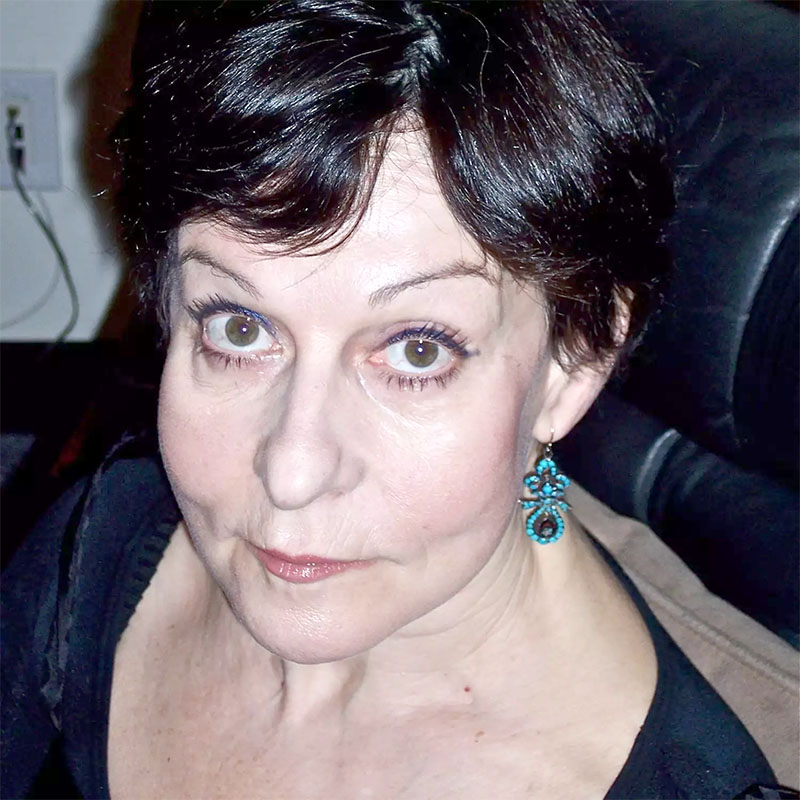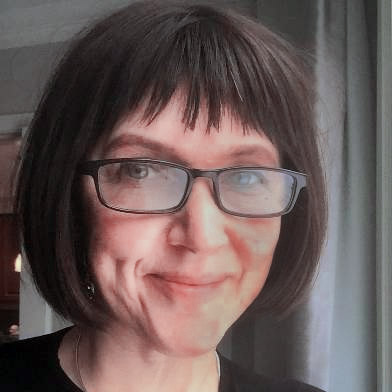207 Views

Translated by Maria Bloshteyn
Again
A typically atypical historical moment —
the ship is keeling over
or even sinking outright.
It all happened before.
During World War I,
German officers were billeted
at my grandfather’s place in Wilno.
An old photograph sent
by a former classmate shows a sign
posted on that five-story house
on Kalvariju street – The Halberstadt Officers’ Club.
According to my grandmother,
whom I’ve never known,
the German officers behaved
in a very civilized manner
back in those days.
Grandfather’s brother, an engineer,
lived in Germany
and married a German woman.
They would frequently visit their relatives in Lithuania.
And then German officers and some locals
stopped behaving in a civilized manner.
In 1941, my grandmother, her mother, and her eldest son
were all killed in Kaunas.
My father spent World War II
fighting on the frontlines.
He was lucky—twice wounded, he survived.
When his heart failed
he was sixty-seven
awaiting surgery
at the Astoria General Hospital,
with a pulse rate of twenty beats per minute,
which is not very compatible with life,
and when the car carrying the pacemaker
got stranded in a snowstorm,
my father told me: “Both my parents
perished when they were fifty-seven.
How am I better than them?”
And now too, when it seemed that
the pandemic was the one trial
our generation was fated to undergo,
it turned out that we were also meant
to witness scenes of a massive destruction in Europe,
such as the one whose remnants
I had seen in my childhood.
In Vilnius’s medieval Old Town
where I grew up,
there were still bombed-out buildings,
walls without windows,
for decades after the war.
One of them collapsed only
moments after father and I
walked into a bookstore across
from it on a narrow street—
and saw day turn to darkness.
And now it’s happening again.
Refugees from Ukraine are on the run,
they drive, they walk,
they scream, shielding their own heads
and their children,
they plead with God and they curse those
who came up with it all.
Those, who, it seems,
had once behaved in a civilized manner.
And then stopped.
March 18, 2022
Анна Гальберштадт. Такая история
Обычное необычное историческое время
корабль кренится
или вовсе идет ко дну.
Такое уже было.
В доме много прадеда в Вильно
в Первую Мировую стояли немецкие офицеры.
На старой фотографии
присланной одноклассницей
на пятиэтажном здании на Кальварийской
вывеска – Офицерский клуб Halberstadt.
По словам бабушки,
которой я не знала,
немецкие офицеры тогда
вели себя очень цивилизованно.
Брат деда, инженер. жил в Германии
и был женат на немке.
Они нередко гостили у литовских родственников.
А потом немецкие офицеры
и некоторые местные жители
перестали себя вести цивилизованно.
И в 41ом бабушку, ее мать, и старшего сына
убили в Каунасе.
Во время Второй Мировой войны
которую отец провел на фронте
ему повезло.
Он был ранен дважды
но выжил.
Когда в шестьдесят семь у него
стало останавливаться сердце
и он лежал в ожидании операции
в госпитале Астория Дженерал
с пульсом в двадцать ударов в минуту
что не очень совместимо с жизнью
а машина с пейсмейкером застряла
в снежном буране
отец сказал мне: «Мои родители оба
погибли в пятьдесят семь. Чем же я лучше?»
Вот и сейчас, когда, казалось
бы, пандемия и стала тем испытанием
которое выпало на нашу долю
оказалось, что нам придется увидеть
кадры такой разрухи в Европе
остатки которой мне пришлось увидеть в детстве.
В старом городе Вильнюса
где я выросла
еще десятилетиями после войны
стояли развалины домов
стены без окон.
Одна из обрушилась через мгновения
после того, как мы с папой
зашли в книжный магазин напротив
на узкой улочке
и свет померк в середине дня.
И вот снова – беженцы бегут из Украины,
едут, идут пешком
кричат, закрывают голову и детей руками,
молят бога, проклинают тех,
кто это придумал.
Тех, кто, казалось, вел себя цивилизованно.
А потом перестал.
18 марта, 2022


